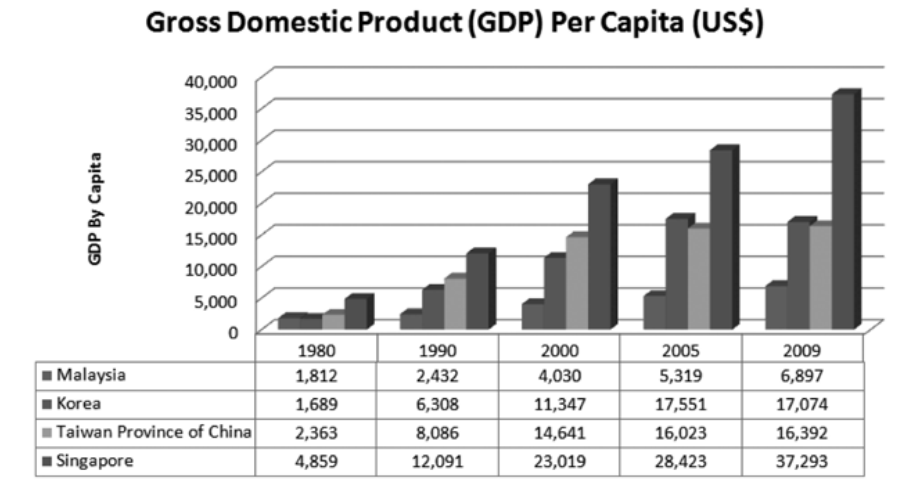P Gunasegaram
Malaysiakini
Sep 20, 2013
QUESTION TIME The recent RM30 billion package (although I am not sure how it works out to that) for bumiputera economic empowerment is certainly not something that will help or have any kind of impact on the vast majority of bumiputeras who form 67 percent of the population.
Just think of that figure for a moment. Nearly seven out of ten people in the country are bumiputeras. Help everyone in the country who needs it and you help the bumiputera community the most. More on that later.
Prime Minister Najib Abdul Razak’s plans to economically empower bumiputeras will not help the ordinary bumiputera because he is not the one who owns shares, or will become a major entrepreneur, or live off government contracts. That affects only the rich bumiputeras.
Realistically, the economic empowerment programme is a thinly disguised ruse to help those who continue to live off the government through patronage and corruption. And in this case this is the Umno elite and many of them are likely to be among the 150,000 delegates who will vote in Umno’s forthcoming general assembly.
It’s another form of vote buying.
So what will help ALL bumiputeras and especially those who are in the poor and middle classes and thereby help bridge the income gap between bumiputeras on the one side and Chinese and Indians on the other?
For that, you simply go back to the basics. Here are are 10 things we can identify immediately. If the government had been doing this without respite and full sincerity for the last 56 years from independence we would long ago have become a developed a country, even far surpassing that of our southern neighbour Singapore which has no natural resources to speak of.
1. Raise school education levels
In the haste to increase Malay usage and hire more Malay teachers into the education system after 1970, educational quality dropped in national schools. Until today this is a major problem because of poor quality of teachers (entry standards were foolishly dropped) and lowering examination standards to favour bumiputera students. Continue reading “10 ways to really help bumis”

